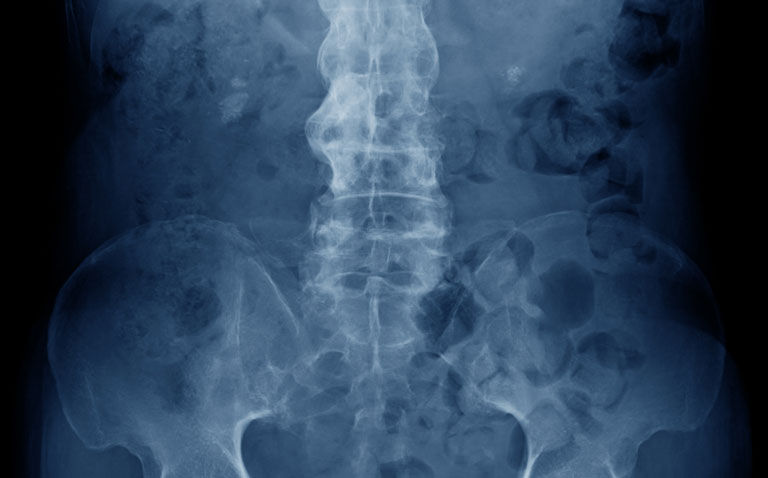Over a one year period, upadacitinib was found to be effective and well tolerated in patients with active ankylosing spondylitis.
Ankylosing spondylitis (AS) is a chronic, inflammatory, rheumatic disease that affects the axial skeleton and presents with back pain and morning stiffness. The condition is twice as common in males and usually starts in the third decade of life. Ankylosing spondylitis also leads to fatigue, sleep disturbance and depression and a potentially profound negative effect on health-related quality of life. In recent years there has been an increased understanding of the pathogenesis of AS and in particular, the use of JAK inhibitors, which have wide ranging effects of cytokine production. Furthermore, several trials have demonstrated that JAK inhibitors are both safe and effective in the treatment of ankylosing spondylitis. One such agent, upadacitinib has been shown to have a greater selectivity for JAK1 dependent disease drivers such as interleukin-6 and of value in the treatment of rheumatoid arthritis. In a 2019 study randomised, double-blind, placebo-controlled phase 2/3 trial (SELECT-AXIS 1), the use of upadacitinib was found to be both well-tolerated and efficacious in patients with active ankylosing spondylitis who had shown an inadequate response to non-steroidal anti-inflammatory drugs. Adult patients (18 years and over) were randomised on a 1:1 basis to either oral upadacitinib 15mg daily or placebo for a 14-week period. The primary endpoint was the composite outcome measure of the assessment of spondyloarthritis international society 40 (ASAS40). This is a validated endpoint that combines patient-oriented measures (e.g., back pain, morning stiffness, swelling) with laboratory inflammatory measures e.g., CRP or ESR levels. An ASAS40 response is defined as a >40% improvement in the items included within the measures e.g., patient global assessment, pain etc In the 2019 study, 51.6% of those assigned to upadacitinib achieved an ASAS40 response compared to 25.5% in the placebo group (p < 0.001). Now the same group from Oregon Health& Sciences University, Portland, US, who undertook the 2019 study have reported on the results from an open-label extension of SELECT-AXIS 1 from week 14 through to week 52.
Findings
From the original 187 randomised in SELECT-AXIS 1, 178 entered into the open-label extension arm of the trial. The majority of the patients were male (68%) with a mean age of 47 years with a mean duration of ankylosing spondylitis of 14.8 years. At the start of the extension (week 14), 52% of participating receiving upadacitinib had achieved an ASAS40 and this increased to 72%. In terms of safety, the most common adverse events were nasopharyngitis (37 events) and upper respiratory tract infections (26 events).
The authors concluded that upadacitinib demonstrated sustained and consistent efficacy over 1 year in patients with active ankylosis spondylitis and that longer-term efficacy and safety data will be published in the future.
Citation
Deodhar AA et al. Upadacitinib in active ankylosing spondylitis: 1-year results from the double-blind, placebo-controlled SELECT-AXIS 1 study and open-label extension. Arthritis Rheumatol 2021.










